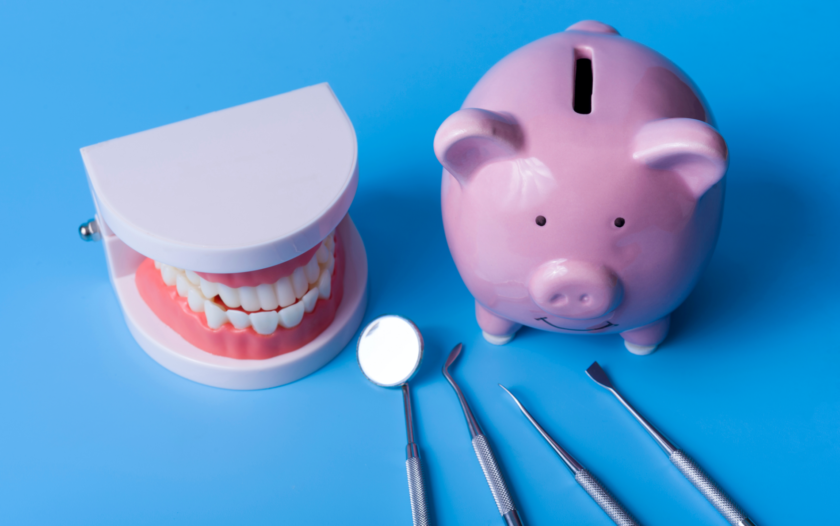Dental School Loans: How to Consolidate & Refinance
About Kevin
Kevin is a former fintech coach and financial services professional. When not on the golf course, he can be found traveling with his wife or spending time with their eight wonderful grandchildren and two cats.
Read full bio
At a Glance
Becoming a dentist can be one of the most rewarding professional choices you can make. It pays well and, unlike many medical professions, it offers the opportunity to build strong, long-term relationships with your patients. In many cases, those relationships are generational, with grandparents, parents, and children all going to the same dentist.
General dentists make an average annual salary of $205,000 once they get established. They also carry an average student loan debt of $292,000 when they first get out of dental school. Specialists make closer to $350,000. With great rewards comes great responsibility. A good portion of a dentist’s early years in business are spent paying off that debt.
Dental Student Loan Consolidation while Building a Practice
Recent dental school graduates don’t start making $200K right away. Like any profession, it takes years to build up a solid client base. This is the time in a dentist’s career when they’re most likely to seek out student loan debt consolidation. Costs are high, income is low, and the natural inclination is to find ways to lower personal financial liabilities.
Taking out a personal loan to pay student loans may seem like a simple transaction. If the former has a lower interest rate and terms that lower the monthly payment due, that frees up more money for a dentist to build their practice. If your original student loans came from a private lender, it’s a good move. Federal student loans are a different story.
Federal Student Loans are Protected
If you can’t afford the payments, you can’t afford the payments. If consolidation is a move of convenience to improve your lifestyle, you need to look at the situation in a different light. Refinancing a federal student loan eliminates certain protections you’re awarded by the federal government, like the potential for student loan debt forgiveness at some point.
Federal student loans offer income-driven payment plans, giving you protection against default if you really struggle coming out of dental school. There are forgiveness programs for dentists that go to work for state, municipal, or non-profit organizations. Consolidating and refinancing with a private lender takes all those options off the table.
Will Biden Forgive Student Loan Debt
The question that everyone is asking right now is, “Will Biden forgive student loan debt?” No one knows for sure whether that will happen, including the president himself. If you’re buried in dental school student debt, don’t rely on government action for relief. Treat it like playing the lottery. If you win, that’s additional funds you weren’t counting on.
If Biden does forgive student loans, it will only be federal student loans that are affected. Keep that in mind if you’re going to refinance through a private lender. It might be a better idea to wait a few years, make those payments even if you must cut back in other areas, and build your practice. With the money you’ll eventually make, this will become a non-issue.
Frequently Asked Questions
What is the fastest way to pay off dental school debt?
The fastest way to pay off dental school debt is to consolidate it with a personal loan that offers a lower interest rate, then make extra monthly payments to pay off the loan. If you have a federal student loan, you may be eligible for student loan forgiveness.









